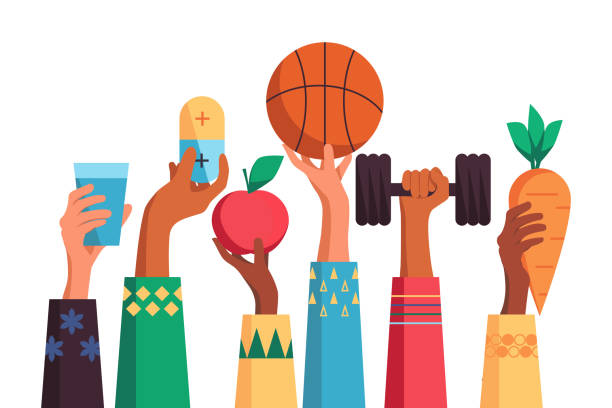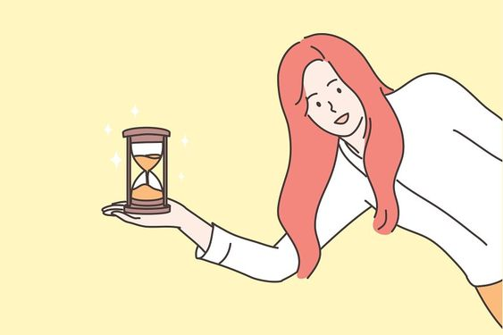Extracurriculars.
To some students, this is what they look forward to the most and what helps them stay focused on studying. However, the same word to other students is something they ‘have’ to do, harming their academics rather than being their enjoyment.
Seeing such a stark contrast in opinions regarding extracurriculars makes me wonder- are extracurriculars more beneficial or detrimental to our GPA and student experience in general?
People often say, ‘An opportunity is what you make of it’. To some extent, that statement is right. Extracurriculars are an opportunity for students to align their areas of interest with their academics for a holistic approach toward education.
The very definition of the word extracurricular means an activity pursued in addition to the usual course of study. They are meant to add to our studies and overall development, rather than hinder it.
The positive impact extracurricular activities have on students and their GPAs is quite visible. According to research published by the University of South Florida, students who participate in extracurriculars, especially athletes, have higher GPAs than those who do not.
Surprisingly, athletes have higher GPAs during their games season compared to the off-season. This is because during game season, strenuous and long hours of practice are required and athletes develop strong time management skills to strike a balance with their academics and sport.
It is not only athletes that have benefited from participating in extracurriculars. In a study conducted by Eastern Illinois University, it was concluded that out of 37 students, 27 believed that extracurriculars had an extremely positive impact on their academic performance, out of whom each scored a GPA above 3.8 (on a 4-point scale.).
In my personal opinion, I believe that extracurriculars are necessary for a student’s growth. Unwinding from academic stress through clubs gives one the energy to bounce right back to their academics.
An extracurricular has taught me something that I will remember for the rest of my life. Debate. It has taught me how to manage my time efficiently and accept defeat. Debating is an extremely competitive skill, which of course, with victories, brings defeat.
Debating has taught me that losing is extremely important and necessary for us to grow. Lastly, other extracurriculars, such as writing for the CGA Press and the Mock Trial club, have helped me greatly with my diction and English grade.
However, we all know that a coin has two sides. Returning to the statement ‘An opportunity is what you make of it’, What happens when an opportunity stops seeming like an opportunity and is more of a burden?
Many students today pick up an extracurricular that they are not interested in, it only being something that will be another notch on their belt, just something that will look interesting on their resumes.
In today’s day and age, where college admissions are more competitive than ever, students pick clubs they are not interested in to beef up their resumes, subsequently leading to having more on their plate than they can manage.
The average applicant to the top 20 schools has 8 to 12 extracurriculars, out of which more than 5 are expected to be on a national or international level. As stated, this creates undue pressure on the students, ultimately leading to burnout.
The overwhelming amount of extracurriculars these students participate in makes them feel tremendous amounts of stress, pressure, and anxiety as they have more on their plate than they can take on. This causes a drop in their GPAs and adversely impacts their mental health.
‘Students now need to recognize that extracurriculars are not the only thing we seek for. An impressive extracurricular record stands out because it’s a record of a student’s passions rather than a list of achievements. Genuine passion can’t be faked, and we would rather have just 5 extracurriculars that the students are truly passionate about, instead of 12 they don’t like doing.’- An admissions officer from Harvard clarified.
To conclude, extracurriculars aren’t something that one shouldn’t participate in because they fear a decrease in GPA. I believe that meaningful extracurriculars are essential for a student’s academic as well as holistic growth, especially in a world where knowledge and passion are placed above a degree.
However, participating in extracurriculars simply for their resume is not beneficial for the student, the quality of their life, or even their application. Taking on more extracurriculars than one can handle will not only cause a student to neglect a few of their other clubs, but it also causes them to neglect their studies.
Ultimately, it’s crucial to strike a balance between your extracurricular involvement and your academic commitments. Time management, prioritization, and effective organization are vital skills to develop to excel both academically and in extracurricular activities. By managing your time effectively, you can make the most of your extracurricular experiences without negatively impacting your GPA.















